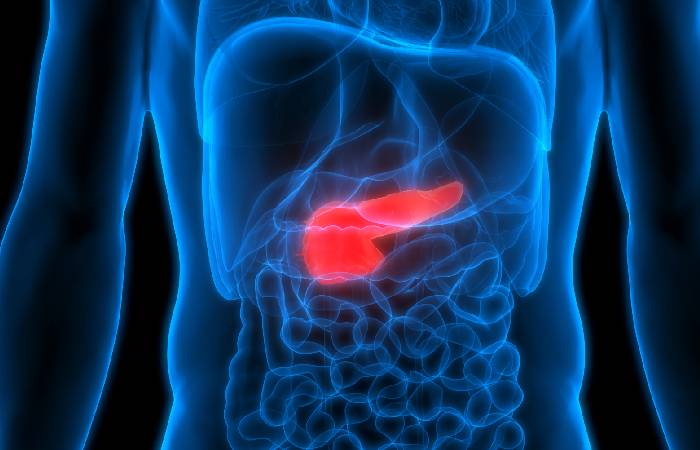Pharmacy can play bigger role in pancreatic cancer diagnosis
In News
Follow this topic
Bookmark
Record learning outcomes
Community pharmacy could have an even more key role to play in the early detection of pancreatic cancer, with a new study suggesting signs and symptoms are apparent up to three years earlier than previously recognised.
Researchers from the University of Surrey, in partnership with Pancreatic Cancer Action and the University of Oxford, compared the data of 8,777 patients diagnosed with pancreatic cancer to a control group of 34,979.
They found that dramatic weight loss in people with pancreatic cancer could be detected two years before an official diagnosis, since at the time of diagnosis body max index (BMI) was lower in those with pancreatic cancer by three units. An elevation in glycated haemoglobin (HbA1c) was also detectable even earlier, from three years before the diagnosis.
Further statistical analysis revealed that weight loss in people with diabetes was associated with a higher risk of pancreatic cancer than in those without the condition. It was also found that hyperglycaemia in people without diabetes was associated with a higher risk of pancreatic cancer than in people with diabetes.
Currently, almost 90 per cent of people with pancreatic cancer are diagnosed too late for curative treatment, yet BMI analysis and HbA1c tests used to screen for and diagnose diabetes and prediabetes are both services that are routinely carried out in community pharmacies.
Findings from the study have led researchers to call for clinicians to conduct BMI and HbA1c assessments more regularly for their patients with and without diabetes to help identify those with pancreatic cancer.
"Our research suggests that a dramatic and unexplained weight loss, mainly in people with, but also in those without diabetes, as well as an unexplained hyperglycaemia, should be treated with high levels of suspicion”, says Professor Simon de Lusignan of the University of Oxford.
“BMI and HbA1c are simple measures routinely collected in clinical practice [so] regular HbA1c and BMI measurements in primary care would not only improve diabetes and pancreatic cancer diagnoses but would also improve the quality of routine data for research."

